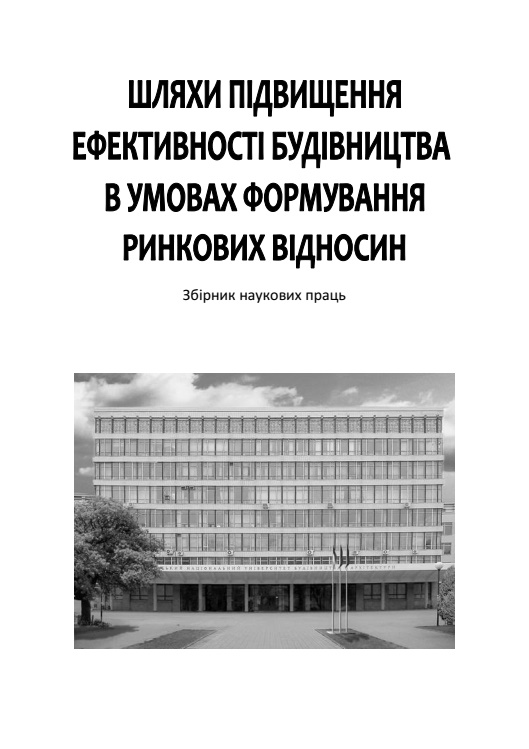Аналіз стейкхолдерів процесу підвищення енергоефективності у житлово-комунальному господарстві України
DOI:
https://doi.org/10.32347/2707-501x.2012.28.248-254Keywords:
energy efficiency, stakeholder analysis, categorization of stakeholders, map of stakeholders.Abstract
In the article discusses the main stages of the analysis of stakeholders improve energy efficiency in housing and communal services of Ukraine. Held categorization of stakeholders, developed maps of the resources and willingness to influence / power stakeholders.
References
Петров М.А. Теория заинтересованных сторон: пути практического применения // Вестник СПбГУ/ М.А. Петров. − Серия 8. − 2004. − вып. 2 (№16). – С. 51−68.
Сlarkson M.E. Stakeholder Framework for Analyzing and Evaluating Corporate Social Performance // Academy of Management Review. – 1995, Jan. – Vol. 20. – №1. – Р. 92-118.
Cornell B., Shapiro A. C. Corporate Stakeholders and Corporate Finance // Financial Management, Spring. – 1987. – P. 5-14.
Turnbull S. Stakeholder cooperation// Journal of Co-operative Studies, Societyfor Cooperative Studies, Manchester. –1997.– № 88. – P. 18-52.
Клилэнд Д. Управление заинтересованными сторонами в проекте // Управление проектами / Под ред. Дж. К. Пинто. ¾ М.: Питер, 2004.
Downloads
How to Cite
Issue
Section
License
Copyright (c) 2020 Н. М. Павленко

This work is licensed under a Creative Commons Attribution 4.0 International License.
Authors who publish with this journal agree to the following terms:
- Authors retain copyright and grant the journal right of first publication with the work simultaneously licensed under a Creative Commons Attribution License that allows others to share the work with an acknowledgement of the work's authorship and initial publication in this journal.
- Authors are able to enter into separate, additional contractual arrangements for the non-exclusive distribution of the journal's published version of the work (e.g., post it to an institutional repository or publish it in a book), with an acknowledgement of its initial publication in this journal.
- Authors are permitted and encouraged to post their work online (e.g., in institutional repositories or on their website) prior to and during the submission process, as it can lead to productive exchanges, as well as earlier and greater citation of published work (See The Effect of Open Access).

